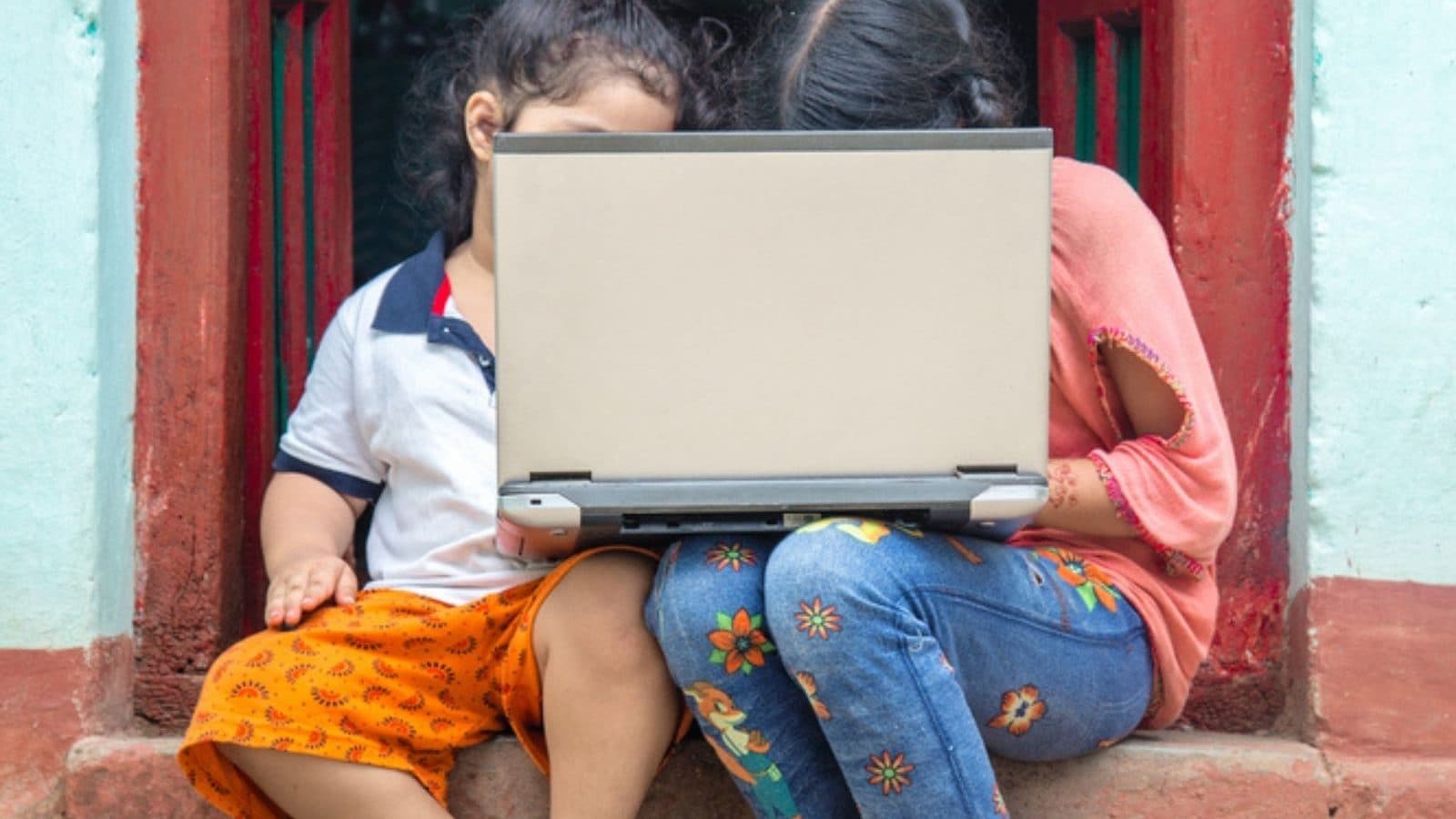Inappropriate content to sexual abuse – children learning online have to fight more than just long hours of screentime. Over 1.5 billion children and young people have been affected by school closures worldwide, says UNICEF. Spending more time on virtual platforms can leave children vulnerable to online sexual exploitation and grooming, as predators look to exploit the COVID-19 pandemic, added UNICEF.
Indian students and teachers too are working to ensure the safety of children as reopening of physical schools for all kids is not in sight soon. Since online learning is here to stay, academicians want policymakers to ensure the cyber safety of kids is a priority.
Bengaluru-based Martin Henry, whose son studies in class 5 at a CISCE-affiliated school, “Children spend a lot of time on the internet and the kind of content they browse online are way out of parents’ imaginations.”
“I personally feel that cyber safety should be a priority. It is not only the school’s responsibility alone, but the parents should also be equally part of it,” he adds. At home, he is trying to make online classes safer for his son by ensuring parental control, a secured WiFi network, blocking suspicious sites, limiting the number of websites visited per day, and keeping a strict schedule.
Even on safe sites, many children have to face bullying but in digital space, crashing of unknown people into a class are not one of instances. Pranav Sudhir Kashyap, a class 12 student of CBSE-affiliated CMR National Public School, Bengaluru told news18.com that he and his friends have seen instances of cyberbullying. “Students have to be protected against cyberbullying as well. I think it is essential for schools to reach out to students and motivate them to be frank about their feelings and experiences. Only then will online schooling become secure and possibly the new norm.”
When it comes to online classes taught by the schools they “have also set their own identification systems to allow only the students that are enrolled. In this manner, teaching is uninterrupted.”
Good online practices need to be part of the curriculum
Just like teaching good touch and bad touch has been streamlining, we need to mainstream hygenic digital habits in kids, said Nirmala Menon, CEO, and founder of Interweave Consulting.
“Children should be taught to recognise what is acceptable and not in online texting and conversations and that no one, whether from peers, staff or faculty can cross boundaries,” she says.
“Both teachers and parents should be involved in teaching the students and at the same time, depending on the age of the child, s/he must be appropriately empowered and equipped to confidently call out bad experiences without any guilt”, adds Menon.
Meghna Yadav, Head of Training and Development at KLAY Preschools and Daycare feels that students too should be trained about internet safety and “the training of good, bad, and ugly starts as soon as digital exposure starts for very young children.” Yadav explains that the way parents talk about healthy food habits with their children, they should talk about a healthy digital diet with their children as well.
“Children need to be taught about digital resilience which includes the risks that can be found online, what to do if something goes wrong, putting multiple checks and digital blocks are some of the steps to make it safe,” adds Yadav. “Open conversations in the family regarding real-life incidents of cybercrime are important. Entertainment websites, social media, mobile, and video games need to be consumed in a very limited quantity,” she said.
Read all the Latest News, Breaking News and Coronavirus News here
Source link




